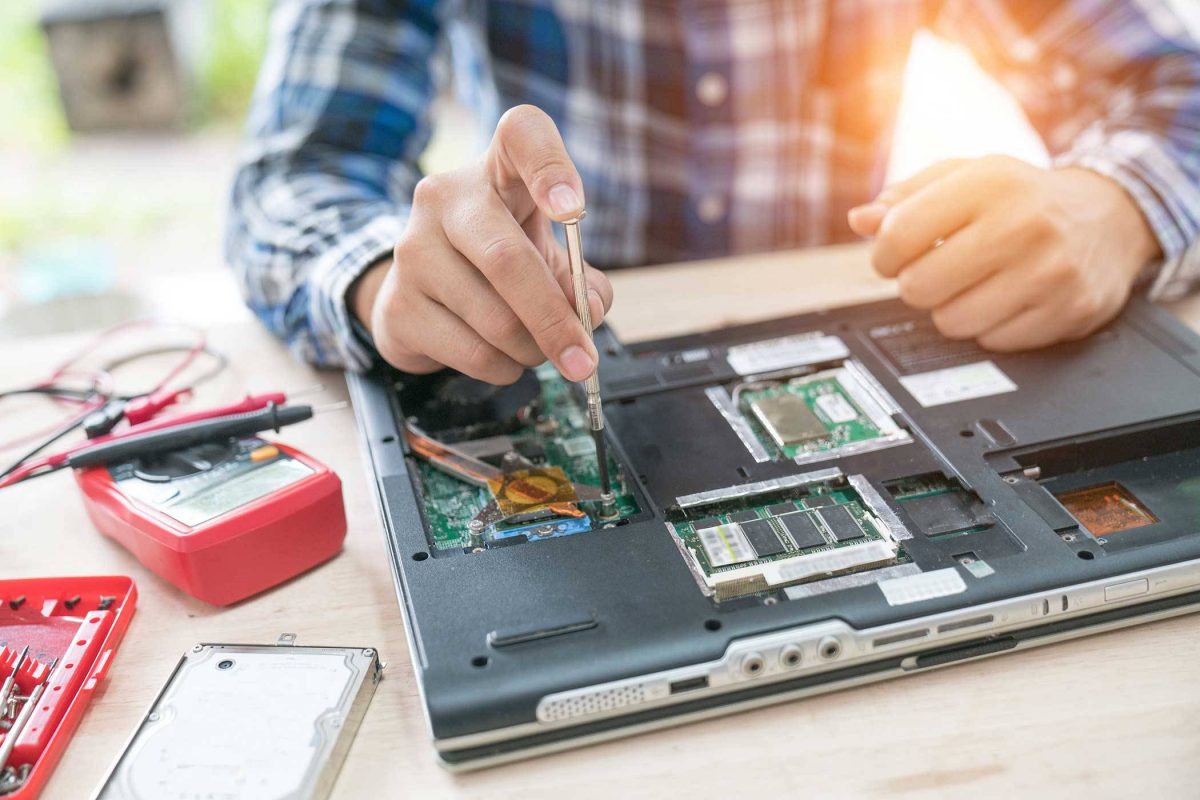Reasons Why Is My Computer Running Slowly, And How Can I Fix It?

Our computers and laptops assist us in running businesses, completing schooling, and staying connected daily. Because they're used so frequently, it's simple to detect when they start to exhibit signs of aging and slowing down.
We'll look at why computers slow down as they get older and what you can do to avoid it.
If you've never had to deal with a slow computer, you might be curious about a dead laptop or computer symptoms. Consider the following questions:
- Is it taking a long time for your computer to boot up?
- Is it taking a long time for your web pages to load fully?
- Is it taking you longer to download images or videos than it used to?
- Buffering frequently interrupts your streaming services?
So, Why does the computer slow down over time?
According to experts, there are three main reasons why our computers slow down over time:
- Corruption in the computer's software and hard drive
- Having insufficient RAM or memory
- You've run out of hard drive space.
Don't worry if you don't know what one or more of those terms signify; that's where we come in. Understanding how your computer saves data is considerably easier than it appears.
Everything happens at breakneck speed when you first get a new computer and pull it out of the box. A new computer is a blank slate—nothing is now occupying memory space. You begin to download files, write documents, upload images, and install apps and games as time goes on. Even simple online surfing these activities start to eat up computer memory. When you browse the web and visit your favorite sites, your computer remembers and makes notes in the background, making it easier to access them later. This information is referred to as "cookies."
All of this information is kept in your computer's storage system, which is divided into two categories: RAM (random access memory) and Hard Drive
How do you Stop your computer from slowing down?
You can do a few things to keep your computer running quicker for longer.
- Clear your browser's cache and history.
- Empty the trash of your PC
- Delete any files or programs that are no longer in use (especially in your downloads folder).
- Upgrade your computer's memory
If you are still facing the issue, you can visit iFixScreens. They have a team of experts who can help you and assist you.
